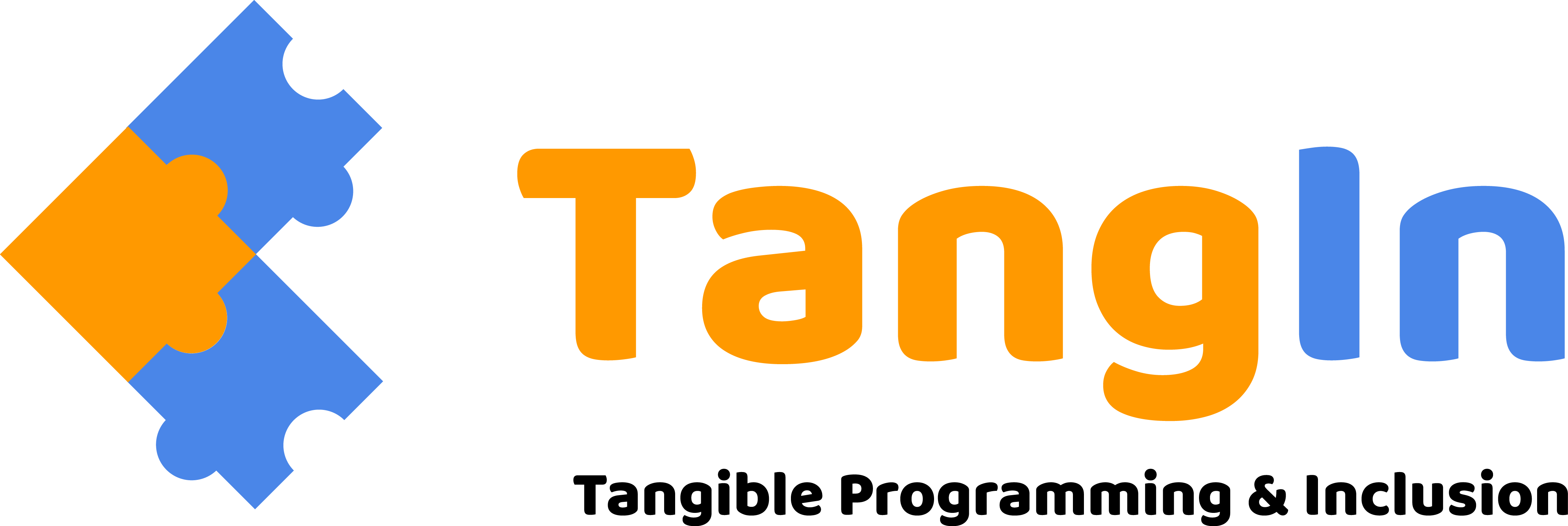Rationale
According to the EC Digital Single Market, EU will have up to 825.000 ICT job vacancies by 2020 difficult to fill due to the shortage of skilled labour force. Basic coding skills are also needed, as more than 90% of today’s professional occupations do require digital competences, including programming. A few years ago, 58% of EU employers stated that ICT curricula needed to be much stronger, even at primary/secondary levels, to ensure that ICT skills needs are met in the future (Kolding et al., 2009). On top of this, women are underrepresented in STEM-based occupations (Burchell et al. 2014 – women account for just 24 % of science and engineering professionals).
Therefore, even if not everybody is expected to be either an engineer or a programmer, the ability to reason and understand tools and language of this fast-paced information era is critical for self-determination of an individual in the future society. The command of digital tools and programming skills/concepts, as well as critical reasoning skills, should be considered an “universal language”, as they will be part of the XXI century literacy skills.
TangIn project strongly believes that education is the cornerstone for responsible citizens and an inclusive and prosperous society. If we expect children to have equal opportunities and fulfil their potential in the future society, school curricula should focus more on this future (current) challenges and tackle them early on.
Importance of digital competences
WHAT IS TANGIBLE PROGRAMMING
Tangible programming is a language similar to text or visual programming languages, but instead of using words/pictures on a computer screen, it uses physical objects to represent different programming elements, commands, and flow-of-control structures. (more text might be added).
Tangible programming uses physical objects to teach children programming concepts:
Turning programming into an activity that is accessible to the hands and minds of young children
Introducing programming concepts, promoting cognitive and spatial development
Promoting group work for a common goal strengthening team work and communication skills, independently of each one gender, social background, etc.
OBJECTIVES
TangIn aims to produce and deliver a set of educational resources and materials to promote and support the effective use of tangible programming tools and concepts by teachers in daily classrooms (at primary level schools) while teaching STEM-based subjects.
These resources will enable teachers of introducing tangible programming concepts and STEM-based subjects, to young students, in a fun, engaging, pedagogical and inclusive way.
These resources will allow teachers, even those with no background in using ICT, neither digital-based tools, to promote and teach tangible programming concepts, with support of physical interfaces (which can be a very simple robot).
The following objectives were established:
TO BUILD A CULTURE OF TRANSNATIONAL COLLABORATION
between school communities, by sharing results and feedback between partners during project implementation (optimize output by peer-learning, feedback and iteration) and that will last after the project ends
TO PROVIDE TAILORED GUIDELINES AND RESOURCES TO TRANSFORM SCHOOL EDUCATION
at primary level towards the use of innovative teaching methods, the use of tangible programming, the improvement of students STEM-based skills and the promotion of more inclusive classrooms
TO OPTIMIZE THE RESOURCES TO MAXIMIZE INDIVIDUAL LEARNING AND TEAM WORKING
by engaging a total of 32 teachers and 750 students at the experimentation phase, which will act latter as ambassadors
TO EXPLORE THE USED OF TANGIBLE PROGRAMMING CONCEPTS AND RESOURCES
in other topics apart from STEM
The partnership consists of seven organizations coming from four EU countries representing different organisations and institutions. The project tasks and responsibilities are split, reflecting organisational competencies and expertise with each partner ensuring that the project products are provided in their national language and ensuring the promoting of national integration of the outcomes.
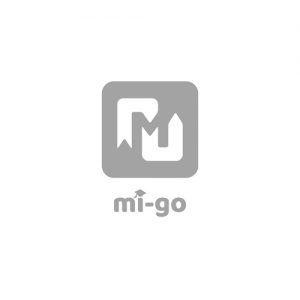
Carreira & Alegre, is a start-up committed to add value to the education sector, promoting inclusion and innovation via tangible programming tools addressing mostly children aged 6-12. As the project coordinator, it will be responsible for the overall coordination of the project and development of the key project outcomes.
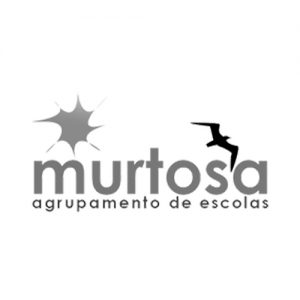
Agrupamento de Escolas da Murtosa (PT), is a cluster comprised of schools from kindergarten to the 12th grade, with a total of 1280 students and 190 staff members. The cluster has the ambition of expanding and improving programming and STEM teaching (and educational resources) to all school levels from 1st to 6th grade.
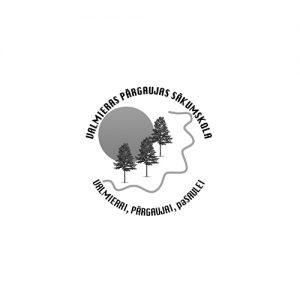
Valmieras Pārgaujas (LV) is a primary school with a multicultural environment, populated by more than 10 minorities – Russians, Ukrainians, Belarusians, Romanians, Lithuanians, Estonians, etc (all together 22% of the total). It accounts with 600 students from 1st-6th grade, 47 teachers and 21 staff members and aims to raise teacher’s ICT skills and to introduce programming concepts into the STEM based curricula, while fostering minorities inclusion.

| Colegio Santa Elena (SP): It is a private school with 630 students at pre-primary, primary and secondary level, 39 teachers and 5 administrative and services staff. The school accounts for a strong multicultural and diverse atmosphere (currently it is possible to find 14 different nationalities in the classrooms) and aims to develop further teachers’ skills, to include innovative teaching methods and educational resources into daily classes, stimulating digital competences, interest for STEM subjects and promoting higher inclusion opportunities for students. |
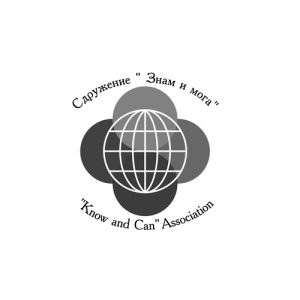
Know and Can Association (BG) is a non-governmental organization working on the sphere of non-formal and informal education and training, having the focus on elaborating specialized programs to develop children, youth and adults social and civil skills, using modern methods and technologies for development of non-formal education and promoting teachers and educators’ skills towards innovative teaching approaches.
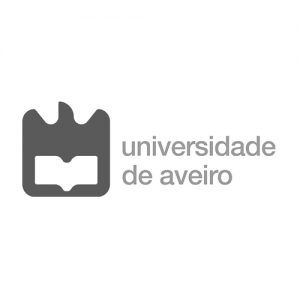
Universidade de Aveiro (PT) is one of the most active and recognized institutions providing training to teachers for developing ICT/Digital skills. Their interested in not just on the development of educational resources which can be used to train teachers in the future, but rather on the fact that part of the success of the project will rely in its potential to promote social inclusion in the classroom.
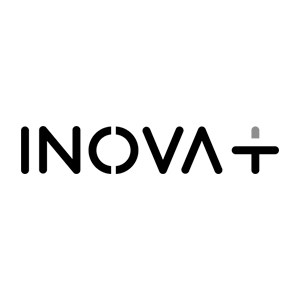
INOVA+ (PT). is the Portuguese leading company in the promotion and management of international projects of Innovation, Education and Training and Research and Technological Development. INOVA+ will lead the promotion and dissemination activities at national and international level as well as the development of guidelines for policy makers.
